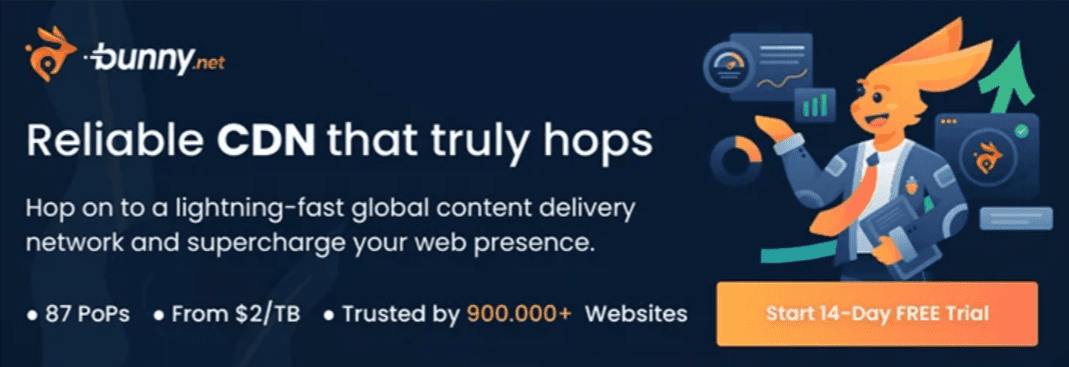Table of Contents
You must’ve heard of the term CDN a number of times, with no idea what exactly it means. It’s a good thing you’re here. One of the most important uses of a CDN is equipping websites with content needed to load internet pages quickly. These include multiple web pages.
So, what is a CDN?
A CDN (which stands for content delivery network) is a group of servers shared among varying geographical locations. These servers work hand in hand to provide delivery of content on the Internet in the shortest time possible. Most times, CDNs are tasked to protect from numerous harmful cyber attacks.
How do CDNs operate?
Primarily, a CDN has several servers all linked to one another forming a network, the aim of this network is to deliver content the best way it can by minimizing cost, time, effort, etc. There are exchange points where CDNs place some servers; they are referred to as The Internet Exchange Points. These points are the primary location where several Internet service providers link up to grant each other access to traffic on their respective networks.
A CDN can cut costs and the number of fast data deliveries by being linked to locations with faster speed and a high level of interconnection. CDN goes further than these placement points with several optimizations of data transfer between server and client. There are also numerous data centers methodically placed across the world. These centers are equipped to promote security and can endure congestion of the network and other types of network failures.
Benefits of CDN
When it comes to using a CDN service, the size and network demand of the recipient is significant. On average, the following are some benefits of using a CDN.
- Faster web pages loading. Due to the nature of CDN operations, which involves the delivery of content significantly closer to visitors of websites by using several CDN servers and optimization, Website visitors experience quicker webpage loading. Most web page visitors will most likely close the page if they see that the pages of the website load too slowly. An adequately set up CDN can reduce rates of redirection and cause people to spend more time on the website. When a visitor is satisfied with the speed and quality of a website, they are more likely to stay longer and even come again.
- Significantly lowering the cost of Bandwidth. In the process of hosting a website, one of the highest costs is that of Bandwidth. CDNs are equipped to reduce the quantity of data a server source must provide by optimization and use of the cache. This, in turn, dramatically reduces the cost of running the website.
- Increasing the availability of content and redundancy. For regular website function, traffic and too frequent hardware failure can cause malfunction of websites and hinder its purpose. However, CDN’s nature of distribution allows it to withstand more traffic and handle more hardware issues. Traffic or hardware failures can significantly interrupt normal website functions. Thanks to their distributed nature, CDNs can handle more traffic and withstand hardware failure better than any other type of server.
- Increasing security of the website. The presence of CDN can significantly improve the security of website; they do this by several methods, which include: Using DDoS mitigation, Considerably improving the security certificates, And the use of several other optimization methods.
How does CDN reduce load time?
Visitors are attracted to websites with faster loading time. When the website’s loading time slows down, users will immediately log off and probably never visit again. Luckily, A CDN can help websites reduce load time by doing the following:
- The fact that CDN is shared globally significantly reduces the distance between website resources and the users. What this means is that users no longer need to struggle to connect to the origin of the website’s server, which would typically take too long and slow down the load time. With a CDN, a user can connect to data centers that are geographically closer to them. This significantly causes faster load time by reducing time for travel.
- Optimization of both Hardware and software. Several optimizations, which include load balance efficiency and hard drives that are in a good state, can improve the rate at which data reaches the user.
- CDNs perform several tasks to reduce the quantity of data that is sent by reducing sizes of individual files using techniques that include minification and compression of files. When the file sizes are smaller, it translates to the load time being significantly lower.
- CDNs also make sites that utilize TLS/SSL certificates faster by; Enabling false start for TLS, Optimizing reuse of the connection.
Now you know that CDNs have numerous benefits for users. If you need to know how to go about using one, watch this space for further posts.

